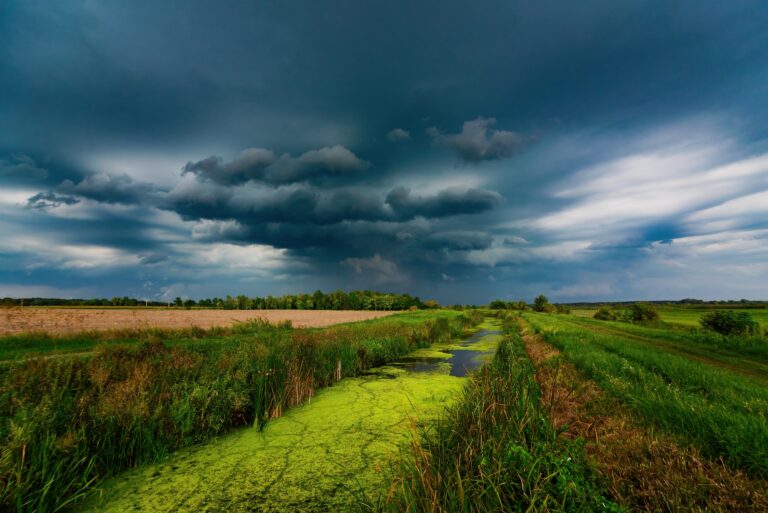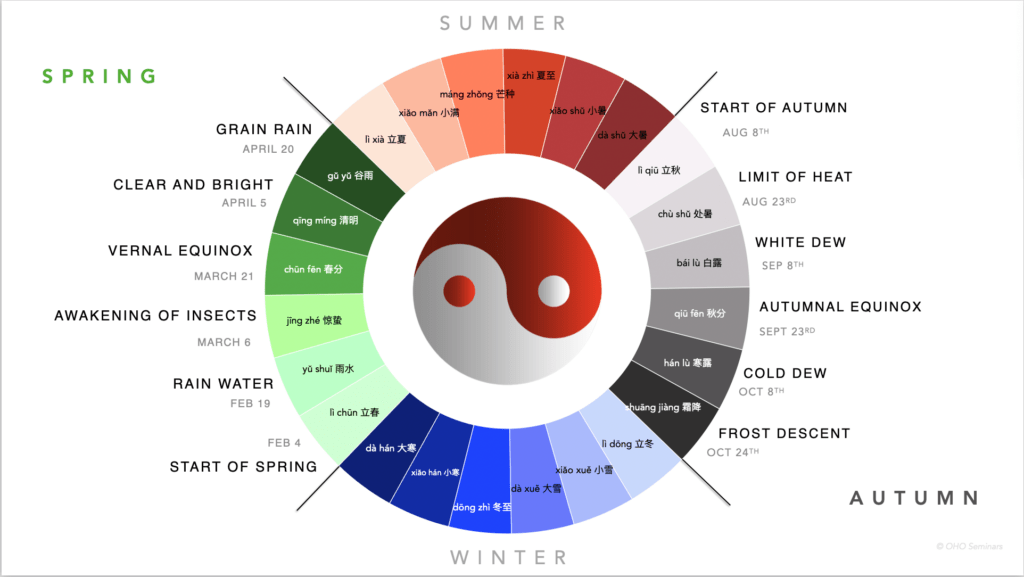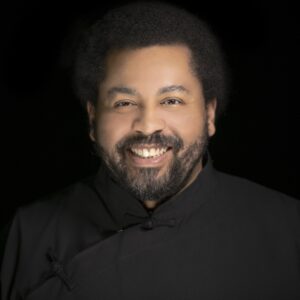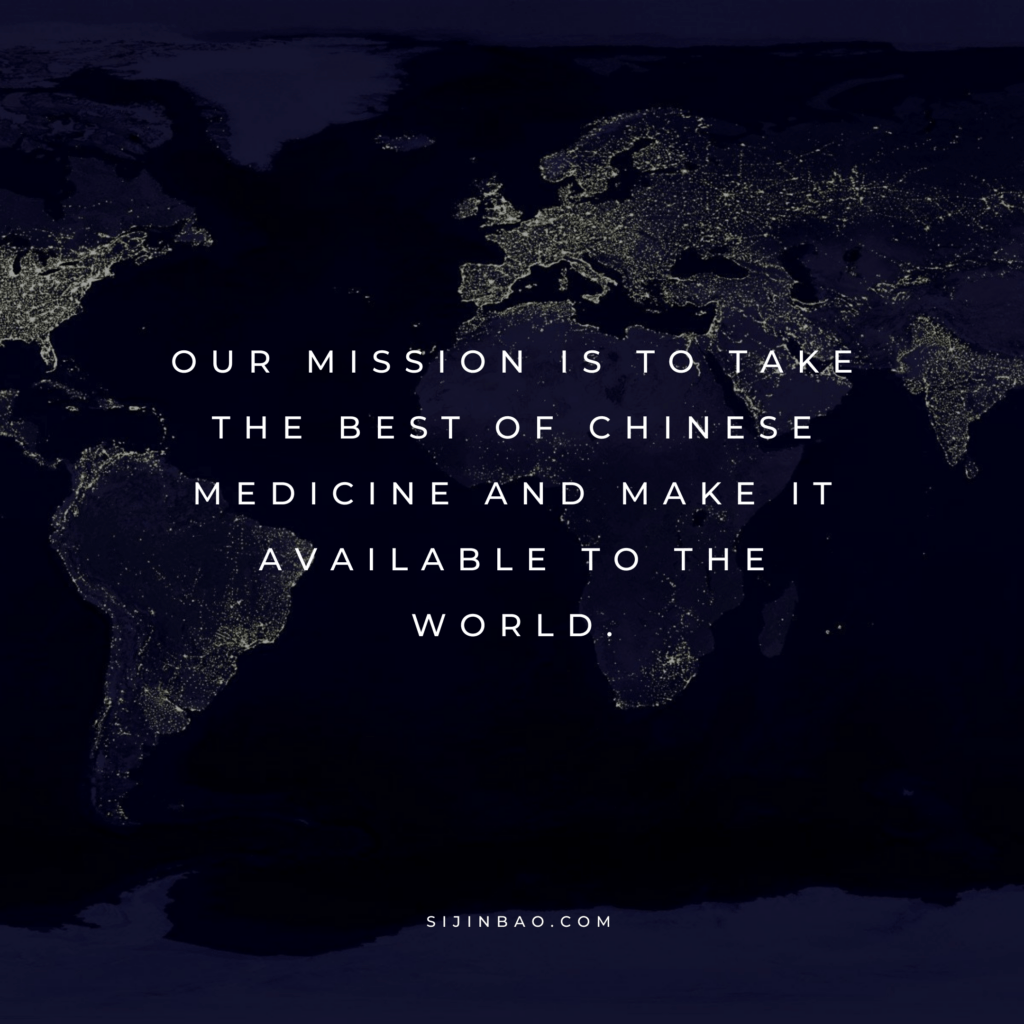
大暑 Dà Shǔ: Major Heat
大暑 Dà Shǔ, translated as Major Heat, is the 12th solar term in the Ancient Chinese Solar Calendar and the 6th and final term of the summer season.
立秋 Lì Qiū, translated as Start of Autumn, is the 13th solar term in the Ancient Chinese Solar Calendar and the 1st term of the autumn season. This year it starts on August 8th and continues through August 22nd. 立秋 Lì Qiū begins when the Sun reaches the celestial longitude of 135° and ends when it reaches the longitude of 150°.
Let’s look at the meaning of立秋 Lì Qiū, or Start of Autumn:
立 Lì : Begins or Commences
秋 Qiu: autumn; consists of two parts, he (禾, rice) and huo (火, fire) – the ripening of rice.
立秋 Lì Qiū signifies the end of summer in many Asian cultures. It does not, however, mean that the hot weather is finished with us. In fact, the next 30 day period of hot days are referred to as the “Autumn Tiger” and are typically more sweltering than those in大暑 Dà Shu, or Major Heat.
As farmers are preparing for major harvests during 立秋 Lì Qiū, some animals are beginning their gathering and storing of food for the coming cold winter months. 立秋 Lì Qiū usually witnesses the most rapid growth of crops.
“If it rains on the day of the Start of Autumn, a good harvest is expected.”
– Chinese folklore
Additionally, farmers will use their observations during this solar term to make preparations for planting certain winter crops.
Each of the 24 solar terms is divided into 3 pentads or a group of five (5 days). The three pentads of立秋 Lì Qiū are as follows:
1st pentad – cool breeze comes
2nd pentad – morning fog occurs
3rd pentad – winter cicadas appear

“This is the changing or pivoting point when the yang, or active, phase turns into its opposite, the yin, or passive, phase. Just as the weather in autumn turns harsh, so does the emotional climate. It is therefore important to remain calm and peaceful, refraining from depression so that one can make the transition to winter smoothly. This is the time to gather one’s spirit and energy, be more focused, and not allow desires to run wild. One must keep the lung energy free, full, clean, and quiet. This means practicing breathing exercises to enhance lung Qi. Also, one should refrain from smoking and grief, the emotion of lung. This will prevent the kidney or digestive problems in the winter. If this natural order is violated, damage will occur to the lungs, resulting in diarrhea with undigested food in the winter. This compromises the body’s ability to store in winter.”
–黃帝內經 Huangdi Neijing Su Wen, or Inner Canon of the Yellow Emperor
“Go to bed early and get up with the chickens. This will cause all mental faculties to become calm and peaceful, and moderate the downward blow of autumn. Reel in your mental energy to be in harmony with the condensing quality of autumn Qi. Do not disperse your energies, and the lung Qi will be clear. This is the way of nourishing life in accordance with the nourishing and constricting Qi of the autumnal harvest season. Going against these principles will harm the lung network, eventually causing diarrhea in winter, when things should really be in a state of storage rather than leakage. The Qi of Autumn is dry, and so it is advisable to consume some moistening sesame to counteract the dryness. Avoid cold drinks, and do not wear damp and cold clothing close to your skin.”
–黃帝內經 Huangdi Neijing Su Wen, or Inner Canon of the Yellow Emperor
In Ancient Chinese Medicine, autumn starts the phase of Yin energy. It corresponds with the Metal element which represents the lungs, the large intestine and the skin organs.
During this time, slowing down, focusing on what we have accomplished and unburdening ourselves by letting go of that which no longer serves us is recommended. Just like processes are happening in nature, we should also begin our gradual transition from the expansive growth of spring and summer to the introspective expression of fall and winter.
The Metal element is associated with the nose, the emotions of courage and sadness, the color white, and the sound of weeping. Likewise, the climate is dry, the season is ripening and ready for harvest, and the taste is pungent.
According to Ancient Chinese Medicine, autumn and winter are for the nourishment of the Yin Qi. Focus on self-nurturing and maintain your inner peace.
Common symptoms associated with lung and large intestine imbalances are respiratory issues, sinus infections, as well as, constipation, and dry skin problems. Now is the prime time to put prevention in high gear and focus on boosting your 正氣 Zheng Qi as well as safe guarding your emotional wellness!
Strengthen and enhance your overall endurance with coordinated breathing and Dao Yin principle based exercises from ancient times.
Some acupoints to consider using during this time are the front Mu points or the back Shu points of the lung or the large intestine.
Also consider using formulas that will build 正氣 Zheng Qi like:
玉屏風湯 Yu Ping Feng Tang
補正氣湯 Bu Zheng Qi Tang
補中益氣湯 Bu Zhong Yi Qi Tang and other associated formulas that will build 正氣 Zheng Qi.
In the realm of Chinese food therapy consider peaches or pears at this time to enhance people’s ability to regulate their lung Qi.
Remember, these cycles have been ebbing and flowing for the last 6,000 years, so this being the hottest point of the year is nothing new. May you continue to balance and harmonize yourself as we transition from late summer to autumn.
If you have any further questions, you can setup a 15 minute Q&A session with me here when you sign up for a Si Jin Bao PRO account.

Founder & Chief Herbaceutical Engineer

大暑 Dà Shǔ, translated as Major Heat, is the 12th solar term in the Ancient Chinese Solar Calendar and the 6th and final term of the summer season.

小暑 Xiǎo Shǔ, translated as Minor (Lesser) Heat, is the 11th solar term of the Ancient Chinese Solar Calendar and the 5th term of the summer season.






Ancient Wisdom Fused with Modern Technology